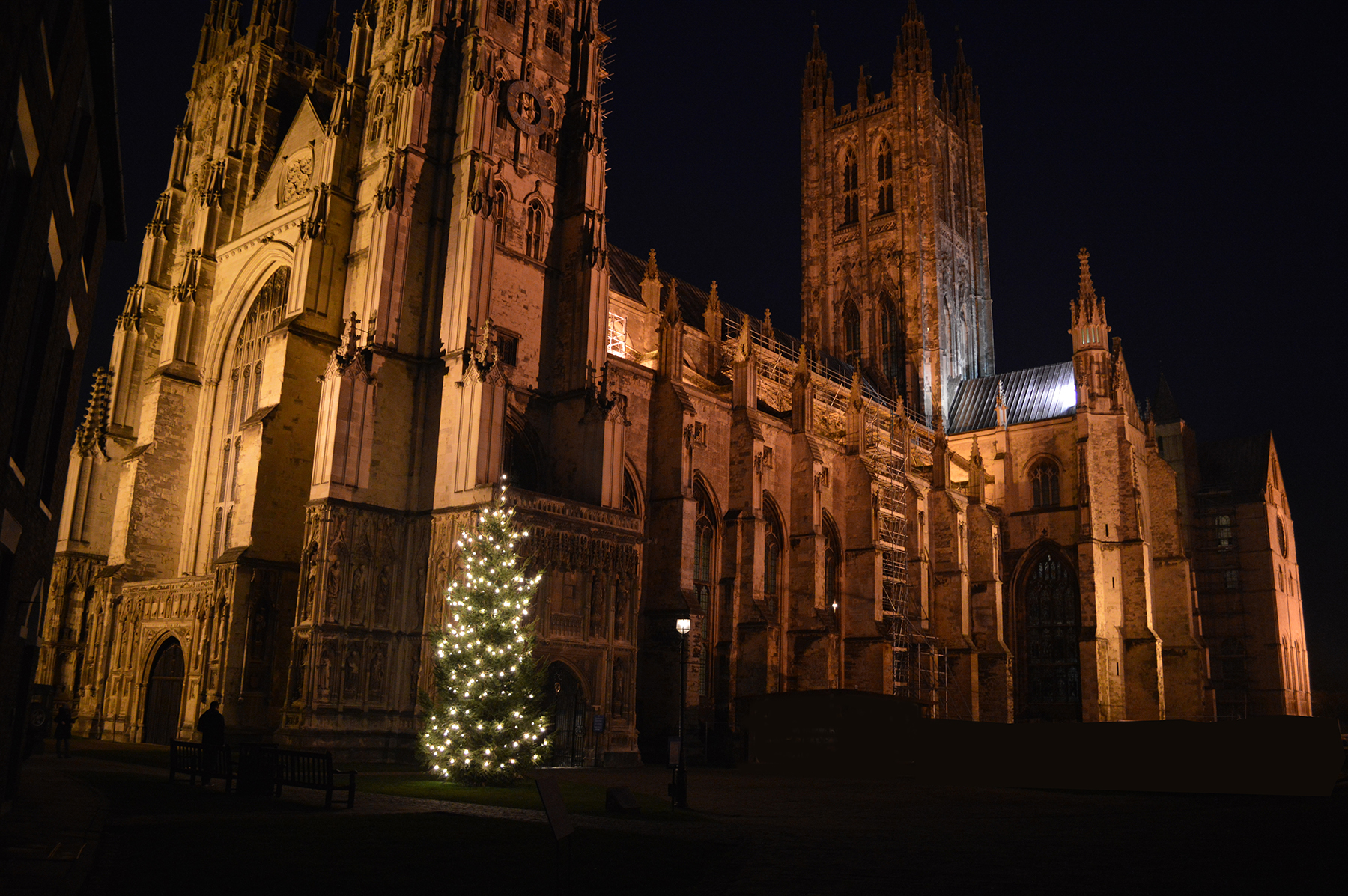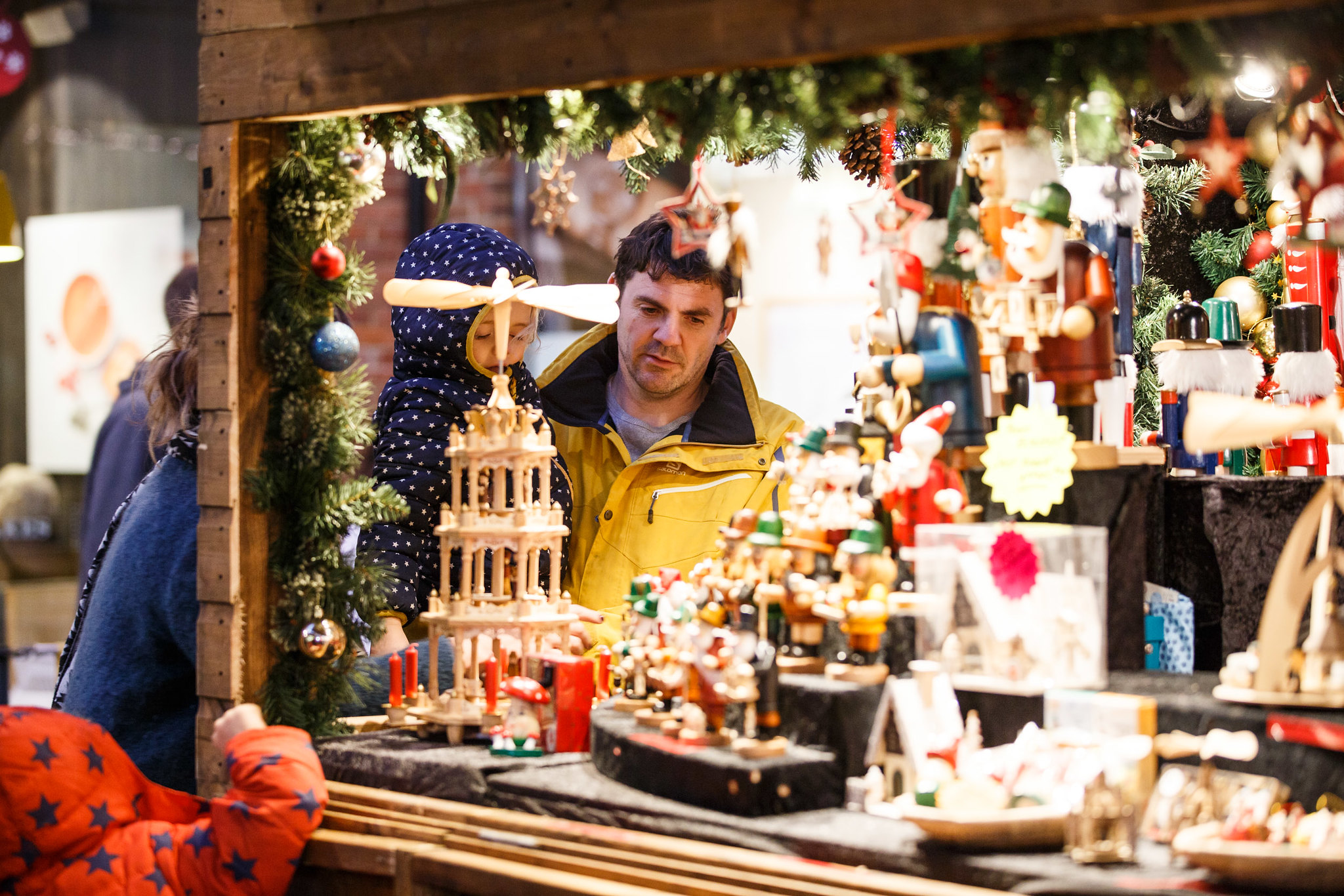
Visitors to the beautiful city of Canterbury this winter will be in for a rare festive treat as a historic 600-year-old Christmas market returns to the grounds of Canterbury Cathedral.
First held in the Cathedral Precincts in 1383 following a royal grant by King Richard II, the Cathedral’s seasonal markets were hugely popular and ran for hundreds of years.
Reviving this centuries-old tradition for 2024, the modern Christmas market will feature a range of picturesque German-style wooden huts within the Cathedral Precincts, as well as delicious food and drink outlets, a vintage-style carousel ride, and live music performances – including Saturday Shoppers’ Carol Services.
Canterbury's expanded Christmas Market will open on 15th November 2024 with the Christmas Light Parade and run until 24th December 2024. There will be free entry to the Precincts during the market – sightseers will only need to pay to go inside the Cathedral and Cloister during visiting hours – and a variety of fun low and no cost community activities. As always, it is free to attend a service or to come into the Cathedral to pray.

photo credit: Matt Wilson/Canterbury BID
The Cathedral seasonal services are free to attend with retiring collections to help cover its costs. Donations given at the two traditional carol services, and at all Christmas Eve and Christmas Day services will, after deduction of costs, be shared equally between the Cathedral and this year’s chosen partner charity, The Social Justice Network. The charity aims to alleviate issues of poverty, marginalisation and vulnerability.
Did you know?
- It takes more than 6 miles of twinkling festive lights, and over 118,000 LEDs, to decorate Canterbury’s medieval streets and buildings at Christmas.
- Canterbury Cathedral’s festive market ran from 1383 until 1813 when, following concerns of ‘indecency and tumultuous conduct’, it closed for the final time.
- Christmas has always been hugely important in Canterbury. When the Puritans banned Christmas in 1647, the people of the city rebelled, and a Christmas Day game of football descended into full-blown rioting. Ultimately, the city’s Plum Pudding Riots, as they came to be known, led to a revolt by Royalists across Kent and the second round of the English Civil War.